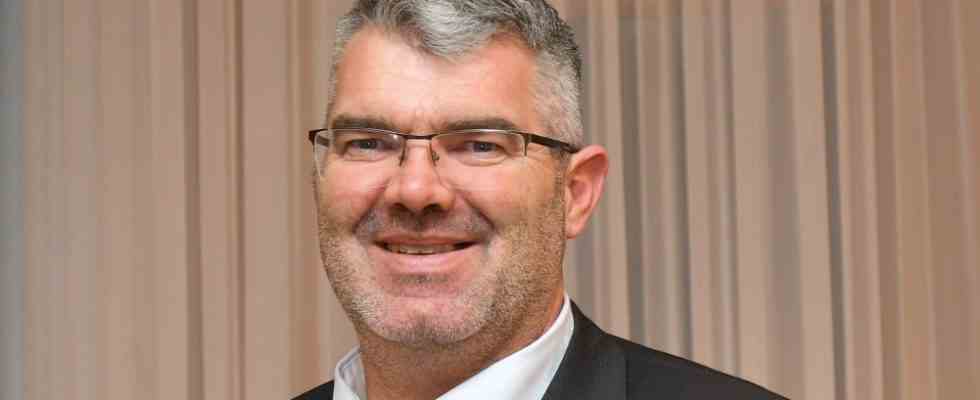It’s hard to believe, but Mayor Ulrich Gaigl’s (FW) idea is absolutely innovative. Gaigl suggested – and persuaded – the Sankt Wolfgang municipal council that the municipality itself should build a dormitory for 50 asylum seekers. This is new, there has never been anything like it in the district of Erding before. The dormitory is to be built in a modular manner in the main town on part of the fairground and thus in a favorable and central location.
For ten years, the two cities and 24 municipalities have been called on by District Administrator Martin Bayerstorfer (CSU) in recurring rounds to help the district office in procuring housing for refugees. You should please pass on vacant buildings or make municipal land available for accommodation in modular construction. However, there was never any talk of a municipality making advance payments itself, having something built itself and renting it out to the higher-level state authorities. Now the district office agrees and the government of Upper Bavaria also gave its approval last week.
It’s hard to understand why the idea seemed so absurd to everyone up until now, now that it’s out in the world and will soon be realised. For real estate owners and real estate entrepreneurs, the provision of living space for refugees has been a business like other rentals for years. In any case, one advantage is that the state reliably transfers the rental payments. Failures do not have to be expected.
The people of Sankt Wolfgang actually didn’t come up with it all by themselves, but reacted to the project of a private investor with their own initiative. He had made representations to the district office with the idea of setting up a very large dormitory for 300 asylum seekers in Sankt Wolfgang. The mayor and the municipal council were shocked by the sheer size. About 3000 people live in the main town of the municipality. To get ten percent new residents in one fell swoop is quite a lot. Quite apart from the basic integration needs. Children have to go to kindergarten and school, adults should learn German.
“But it wasn’t possible to simply reject the private project,” says Gaigl. The municipalities know very well how great the pressure is on the district office to accommodate 50 new refugees every month. All municipalities are obliged to ensure that a proportion of the asylum seekers live with them in accordance with their size. A constructive counter-proposal had to be found.
The idea of purchasing mobile homes cannot be realized quickly
Gaigl found out how other municipalities do it. He especially liked the example, so-called mobile homes, as you know them from campsites or beach holidays in Italy, and to set them up on a municipal property. “If it weren’t for the time factor, I would have said this form of living is it,” says Gaigl. One problem in dormitories is undoubtedly that many residents have to share the sanitary facilities and communal kitchens. Smaller and more fully equipped residential units would defuse this problem.
But since time is pressing and things have to be done quickly, the idea with the mobile homes. It will take about a year for them to be built and delivered. So in Sankt Wolfgang it will be a modular dormitory after all, which can be ready after twelve to 14 weeks.
Gaigl says a decision still has to be made as to whether the municipality will have the dormitory built entirely on its own or hire a third party to do it. In any case, it should go beyond the absolute basic equipment. “I want a few things on top,” says the mayor. For example, there should be multifunctional community and homework rooms, neat garbage can houses, bicycle racks and a covered patio. The design and having a say in the space available is the great advantage for a community, says Gaigl: “We have a hand on it.”

